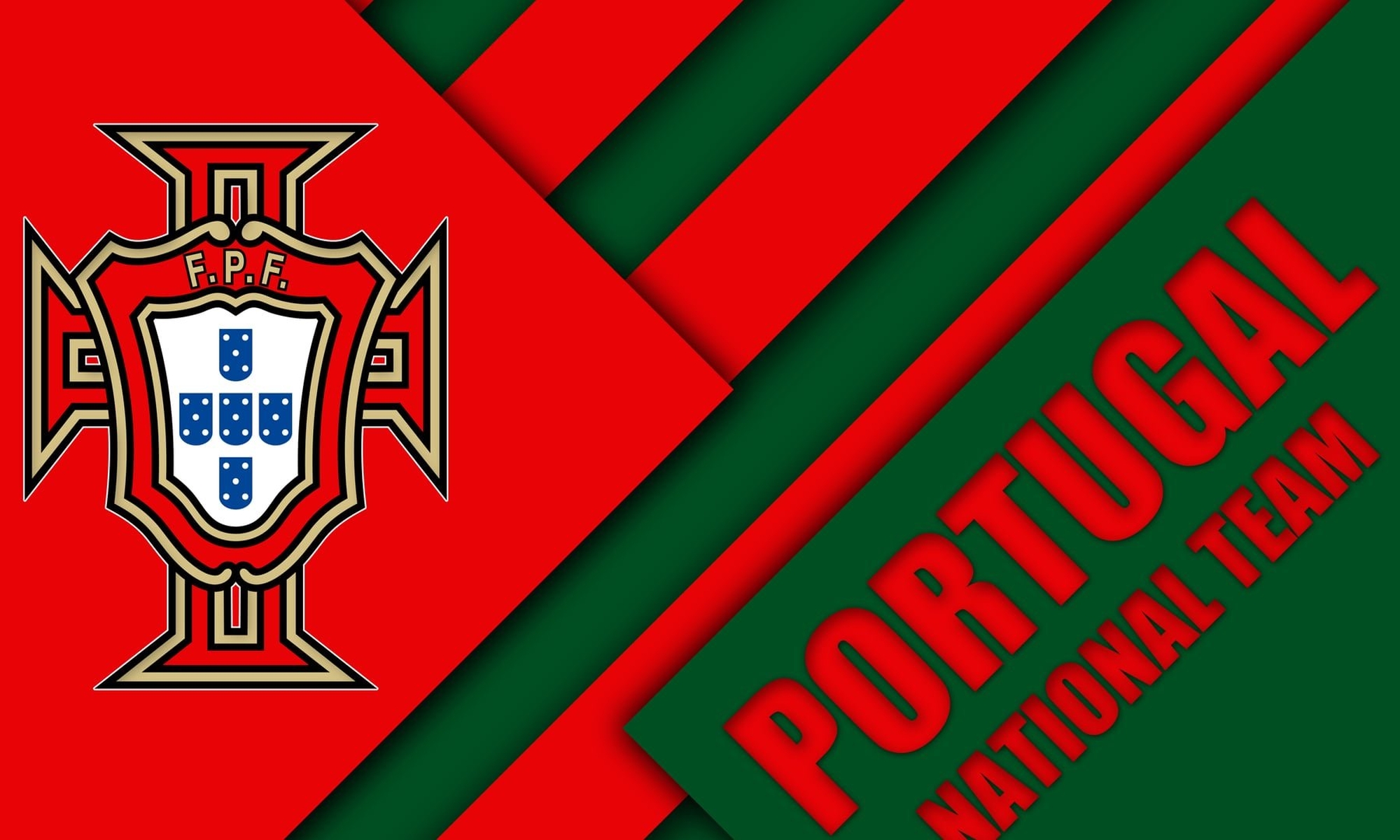The DuPont family is one of the wealthiest and most influential families in the United States. They are known for their involvement in the chemical industry, particularly through their company E.I. du Pont de Nemours and Company, commonly referred to as DuPont. The DuPont bloodline can be traced back to Pierre Samuel du Pont de Nemours, a French economist and writer who immigrated to the United States in the late 18th century. His son, Éleuthère Irénée du Pont, founded the DuPont company in 1802, which became a major player in the chemical industry. Over the years, the DuPont family has been involved in various business ventures and philanthropic activities, and they have passed down their wealth and influence through multiple generations. Despite facing some controversies and challenges over the years, the DuPont family remains a prominent and influential force in American society.
DuPont Hemp is a subsidiary of DuPont, a multinational conglomerate known for its chemical products and materials. DuPont Hemp focuses on the development and production of hemp-based products, such as fibers, textiles, and bio-based materials. Hemp is a versatile plant that can be used for a wide range of applications, including textiles, paper, building materials, and even food and supplements. DuPont Hemp is committed to exploring the potential of hemp as a sustainable and environmentally-friendly alternative to traditional materials.
There is no evidence to suggest that there is a DuPont hemp conspiracy. The idea of a conspiracy involving DuPont and hemp likely stems from the historical rivalry between the hemp industry and companies like DuPont, which have been accused of pushing for the criminalization of hemp in order to protect their own interests, particularly in the synthetic fiber and plastics industries. However, these claims are largely based on speculation and historical context rather than concrete evidence of a deliberate conspiracy. It is important to approach such claims with skepticism and seek out credible sources and evidence before drawing any conclusions.
Dupont pans are a popular brand of cookware known for their high-quality materials and durability. These pans are typically made of stainless steel or non-stick coating, and are designed to distribute heat evenly for optimal cooking results. Dupont pans are often favored by professional chefs and home cooks alike for their reliable performance and long-lasting construction.
Dupont’s toxic pans are a serious health hazard as they contain harmful chemicals such as perfluorooctanoic acid (PFOA) which have been linked to various health issues including cancer, hormone disruption, and reproductive problems. It is important to avoid using these pans and opt for safer alternatives such as stainless steel or cast iron cookware.
Dupont Circle is a historic neighborhood and iconic traffic circle located in Washington, D.C. It is known for its vibrant atmosphere, diverse community, and numerous restaurants, shops, and cultural attractions. The area is also home to several embassies, museums, and art galleries, making it a popular destination for both locals and tourists. Dupont Circle is named after Samuel Francis Du Pont, a Rear Admiral in the United States Navy. The neighborhood is also known for its beautiful parks and green spaces, including the Dupont Circle Park located in the center of the traffic circle.
There is no evidence to suggest that the DuPont family or company is associated with the Illuminati. The Illuminati is a conspiracy theory that alleges a secret society is working to control world events and governments. The DuPont family is a prominent American family known for their involvement in the chemical industry and philanthropy. It is important to differentiate between fact and conspiracy theories.
DuPont Kevlar is a high-strength synthetic fiber that is best known for its use in body armor and bulletproof vests. It was first developed by DuPont in the 1960s and is known for its incredible strength-to-weight ratio, making it five times stronger than steel on an equal-weight basis. Kevlar is also used in a variety of other applications, including ropes, cables, tires, and even in sports equipment such as helmets and gloves.

